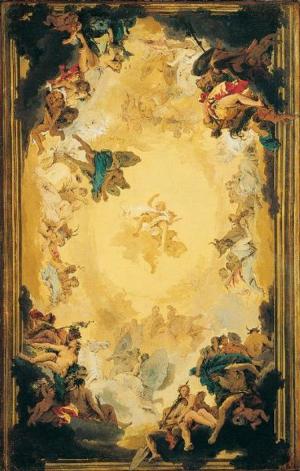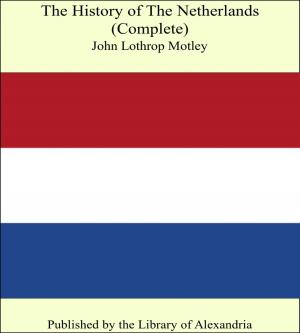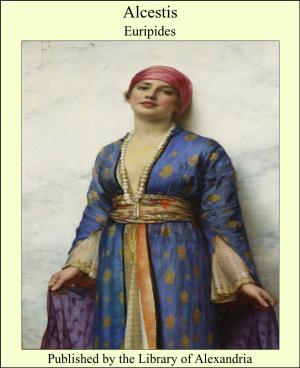The Philosophy of Nature
Nonfiction, Religion & Spirituality, New Age, History, Fiction & Literature| Author: | Georg Wilhelm Friedrich Hegel | ISBN: | 9781465592743 |
| Publisher: | Library of Alexandria | Publication: | March 8, 2015 |
| Imprint: | Language: | English |
| Author: | Georg Wilhelm Friedrich Hegel |
| ISBN: | 9781465592743 |
| Publisher: | Library of Alexandria |
| Publication: | March 8, 2015 |
| Imprint: | |
| Language: | English |
In this externality the determinations of the concept have the appearance of an indifferent subsistence and isolation in regards to each other. The concept therefore exists as an inward entity. Hence nature exhibits no freedom in its existence, but only necessity and contingency. For this reason nature, in the determinate existence, which makes it nature, is not to be deified, nor are the sun, moon, animals, plants, and so on, to be regarded and adduced as the works of God, more excellent than human actions and events. Nature in itself in the idea, is divine, but in the specific mode by which it is nature it is suspended. As it is, the being of nature does not correspond to its concept; its existing actuality therefore has no truth; its abstract essence is the negative, as the ancients conceived of matter in general as the non-ens. But because, even in this element, nature is a representation of the idea, one may very well admire in it the wisdom of God. If however, as Vanini said, a stalk of straw suffices to demonstrate God’s being, then every representation of the spirit, the slightest fancy of the mind, the play of its most capricious whim, every word, offers a ground for the knowledge of God’s being that is superior to any single object of nature. In nature, not only is the play of forms unbound and unchecked in contingency, but each figure for itself lacks the concept of itself. The highest level to which nature drives its existence is life, but as only a natural idea this is at the mercy of the unreason of externality, and individual vitality is in each moment of its existence entangled with an individuality which is other to it, whereas in every expression of the spirit is contained the moment of free, universal self-relation.
In this externality the determinations of the concept have the appearance of an indifferent subsistence and isolation in regards to each other. The concept therefore exists as an inward entity. Hence nature exhibits no freedom in its existence, but only necessity and contingency. For this reason nature, in the determinate existence, which makes it nature, is not to be deified, nor are the sun, moon, animals, plants, and so on, to be regarded and adduced as the works of God, more excellent than human actions and events. Nature in itself in the idea, is divine, but in the specific mode by which it is nature it is suspended. As it is, the being of nature does not correspond to its concept; its existing actuality therefore has no truth; its abstract essence is the negative, as the ancients conceived of matter in general as the non-ens. But because, even in this element, nature is a representation of the idea, one may very well admire in it the wisdom of God. If however, as Vanini said, a stalk of straw suffices to demonstrate God’s being, then every representation of the spirit, the slightest fancy of the mind, the play of its most capricious whim, every word, offers a ground for the knowledge of God’s being that is superior to any single object of nature. In nature, not only is the play of forms unbound and unchecked in contingency, but each figure for itself lacks the concept of itself. The highest level to which nature drives its existence is life, but as only a natural idea this is at the mercy of the unreason of externality, and individual vitality is in each moment of its existence entangled with an individuality which is other to it, whereas in every expression of the spirit is contained the moment of free, universal self-relation.















